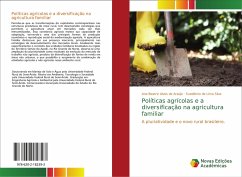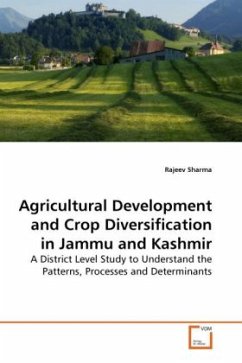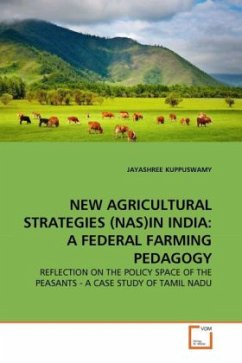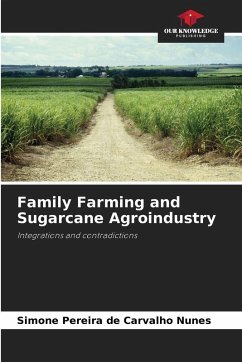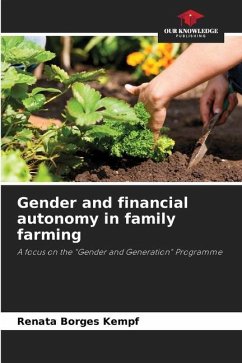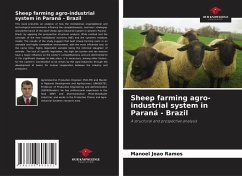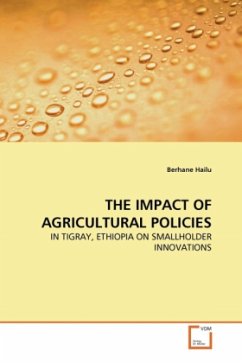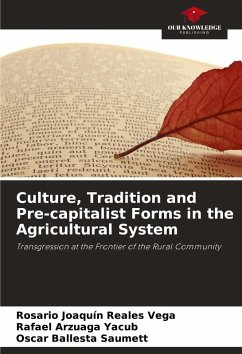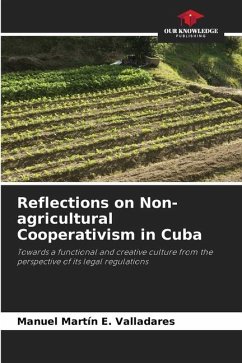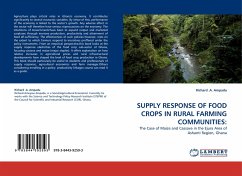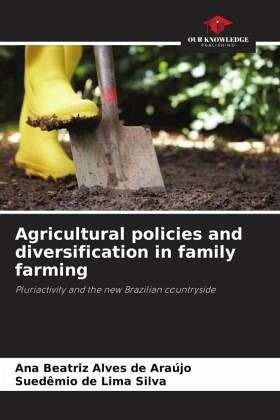
Agricultural policies and diversification in family farming
Pluriactivity and the new Brazilian countryside
Versandkostenfrei!
Versandfertig in 6-10 Tagen
24,99 €
inkl. MwSt.

PAYBACK Punkte
12 °P sammeln!
It can be seen that contemporary capitalism's transformations in rural production structures have developed strategies that allow agriculture to operate in increasingly commercialized markets. This agricultural constancy shows its ability to adapt, making it one of the main forms of economic production and social reproduction of agricultural modernization. Family farming stands out for its strong presence, especially in local market development strategies. Looking more specifically at the context of family units located in the region of the Sertão do Apodi Territory, in Rio Grande do Norte, w...
It can be seen that contemporary capitalism's transformations in rural production structures have developed strategies that allow agriculture to operate in increasingly commercialized markets. This agricultural constancy shows its ability to adapt, making it one of the main forms of economic production and social reproduction of agricultural modernization. Family farming stands out for its strong presence, especially in local market development strategies. Looking more specifically at the context of family units located in the region of the Sertão do Apodi Territory, in Rio Grande do Norte, we see an increase in pluriactivity as a result of the evolution of the non-agricultural labor market, a product of the diversification of sources of income in non-urban areas, which makes it possible for a combination of agricultural and non-agricultural activities to emerge in this rural environment.





